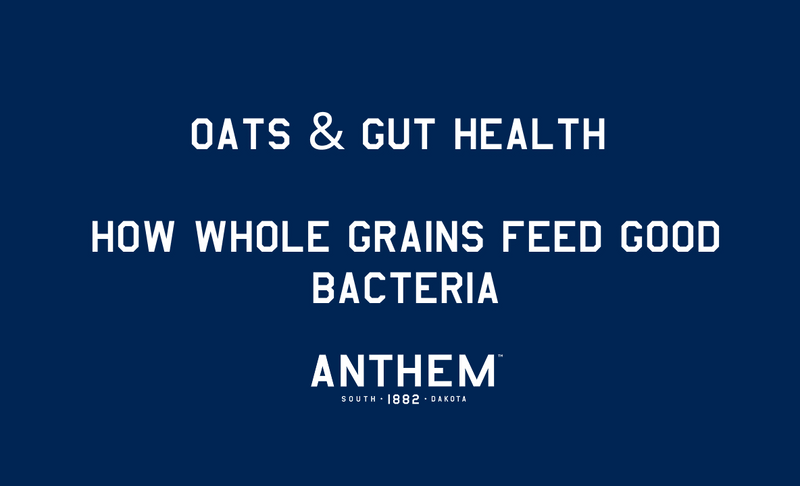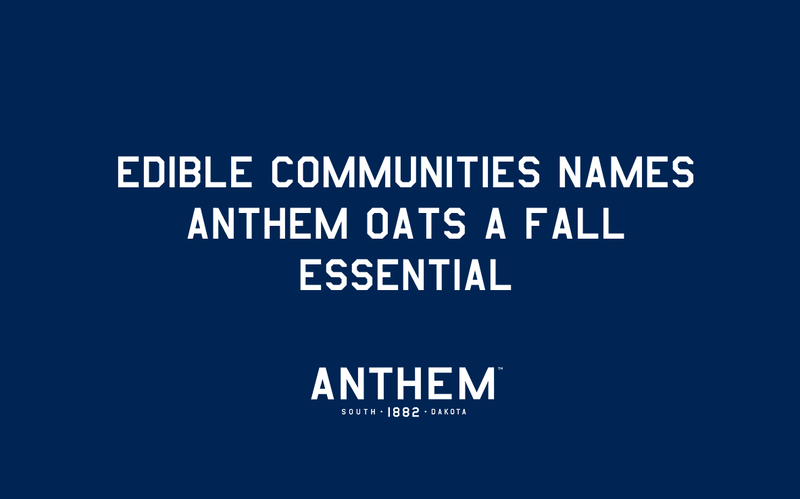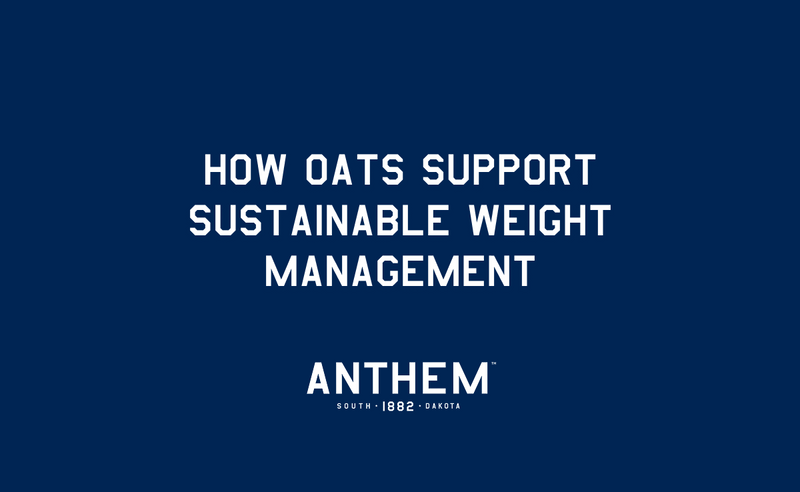
When most people think of oats, they think of a warm breakfast bowl, maybe dressed with fruit or a drizzle of honey. But inside every spoonful is something much more powerful than comfort food: fuel for your gut.
More specifically, fuel for the trillions of bacteria that live in your digestive tract.
Your gut microbiome is like a hidden ecosystem, home to bacteria, fungi, and other microbes that play an outsized role in everything from immunity to mood. And like any ecosystem, it depends on the right balance of nutrients to thrive. That’s where whole grains…especially oats…come in.
The Microbial Magic of Oats
Oats are rich in a special soluble fiber called beta-glucan. Unlike fast-digesting carbs that disappear quickly into the bloodstream, beta-glucan travels slowly through the digestive system. When it reaches the colon, it becomes food for beneficial bacteria like Bifidobacteria and Lactobacillus.
As these microbes digest the fiber, they produce short-chain fatty acids (SCFAs), compounds such as butyrate, acetate, and propionate. SCFAs are like the unsung heroes of gut health. They:
-
Nourish the cells lining the colon, helping to keep the gut barrier strong.
-
Regulate inflammation throughout the body.
-
Influence energy metabolism and even appetite signals.
Put simply, oats help your gut bacteria do their job better, which in turn helps your whole body function more smoothly.
Beyond Digestion: The Ripple Effect
A healthy gut doesn’t just mean easier digestion. The ripple effects reach far beyond your stomach. Researchers are finding connections between the microbiome and:
-
Immune Health: Roughly 70% of the immune system lives in the gut. Feeding good bacteria strengthens your defenses.
-
Mental Wellbeing: Through the gut-brain axis, microbial metabolites can influence mood and cognitive function. A more balanced microbiome has been linked to reduced anxiety and clearer thinking.
-
Metabolic Support: SCFAs produced from oats may help regulate blood sugar and support healthy weight management by improving satiety signals.
Oats aren’t a cure-all, but as part of a daily diet, they create an environment where these systems can thrive.
Why Whole Matters
Not all oats are created equal. Whole oats, like steel cut, old fashioned, or minimally processed oat cups, retain the full spectrum of nutrients and fibers. Instant oats or over-processed cereals often strip away what makes oats so valuable for the microbiome.
Choosing whole oats means choosing a food as close to the field as possible. At Anthem Oats, that’s been our commitment for five generations: planting, harvesting, and milling oats with care so they reach your table in their purest form.
The result is a grain that not only tastes better but also feeds your gut in the way nature intended.
How to Feed Your Gut Daily
The good news? Supporting your microbiome with oats is simple. Here are a few easy ways to add them to your routine:
-
Breakfast Staple: Start your day with a bowl of oats topped with fruit, nuts, and seeds for extra prebiotic power.
-
On-the-Go Fuel: Overnight oats or oat cups are ready when you are, perfect for busy mornings.
-
Baking Upgrade: Swap some flour for oats in muffins, breads, or cookies for more gut-friendly fiber.
-
Savory Twist: Try oats in soups, stews, or even as a base for veggie burgers.
Your gut doesn’t need perfection, it needs consistency. Even small, daily servings of whole oats can shift your microbiome toward a healthier balance.
Whole Grains, Whole Health
When you eat oats, you’re feeding an entire community inside you. One that influences your digestion, immunity, metabolism, and even your mood. By choosing whole grains, you’re giving those bacteria the fuel they need to thrive.
At Anthem Oats, we believe food should do more than fill you up. It should nourish the unseen systems that keep you strong, resilient, and well.
That’s the power of a humble oat: simple on the surface, extraordinary at its core.


